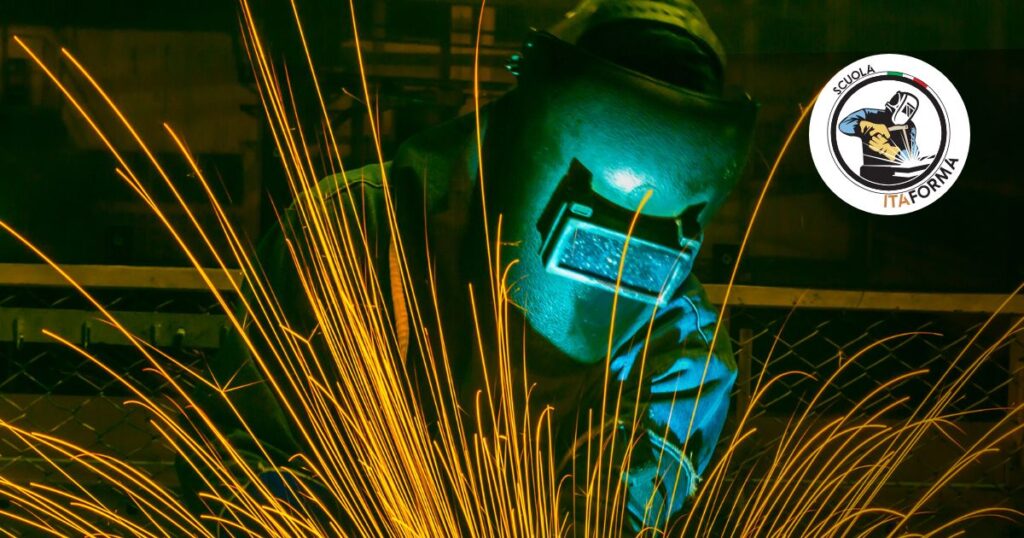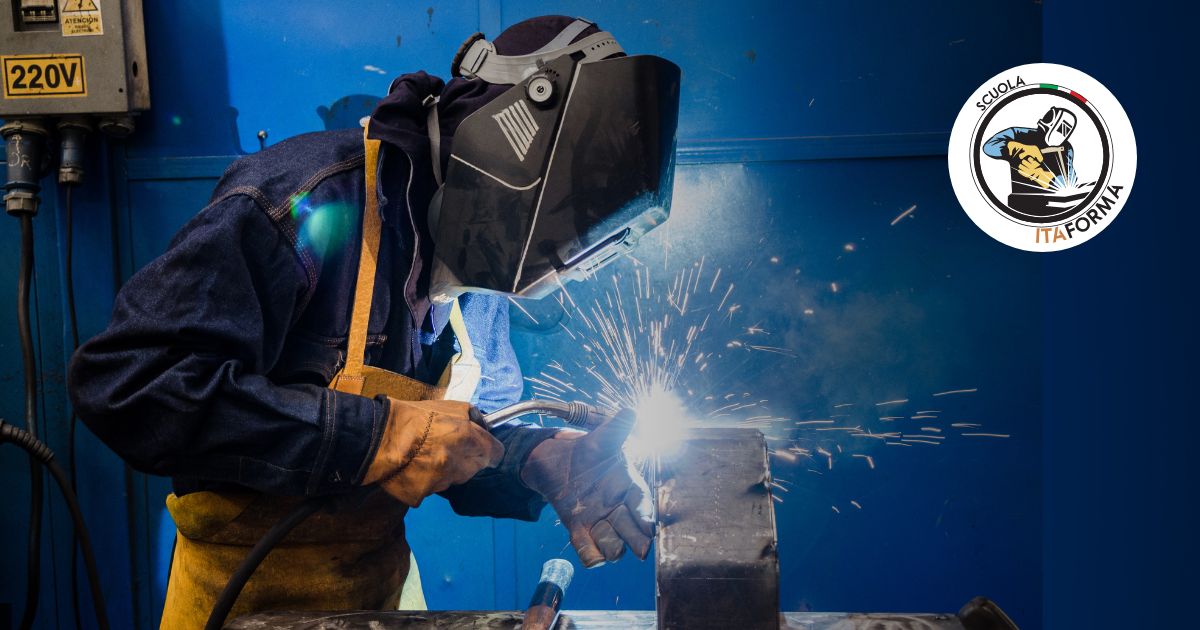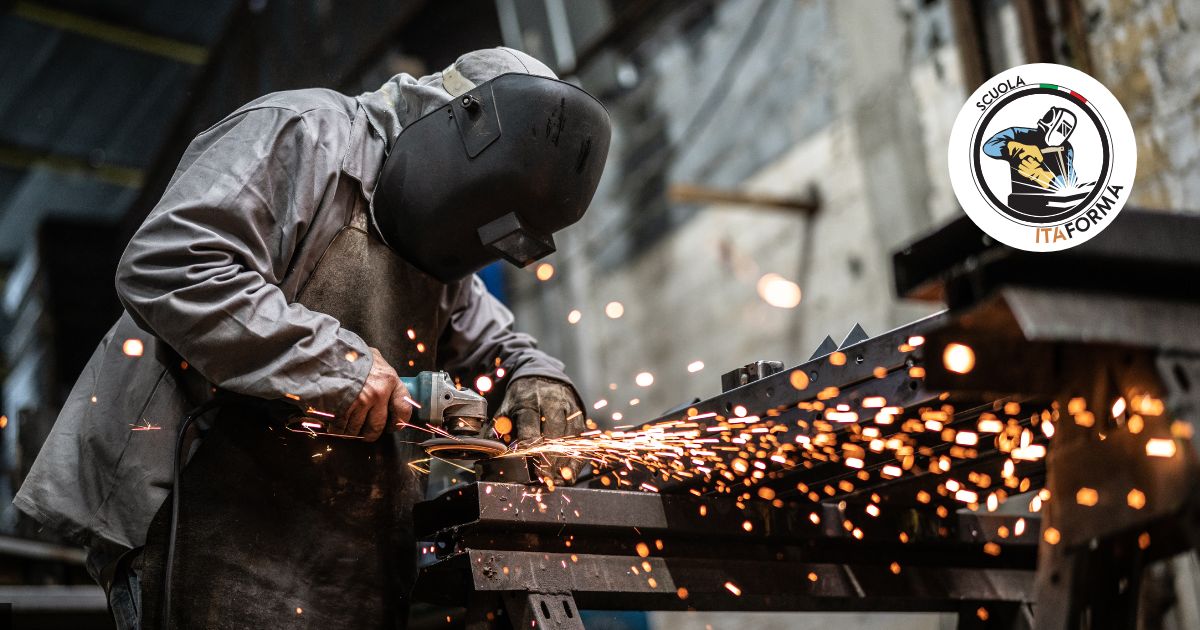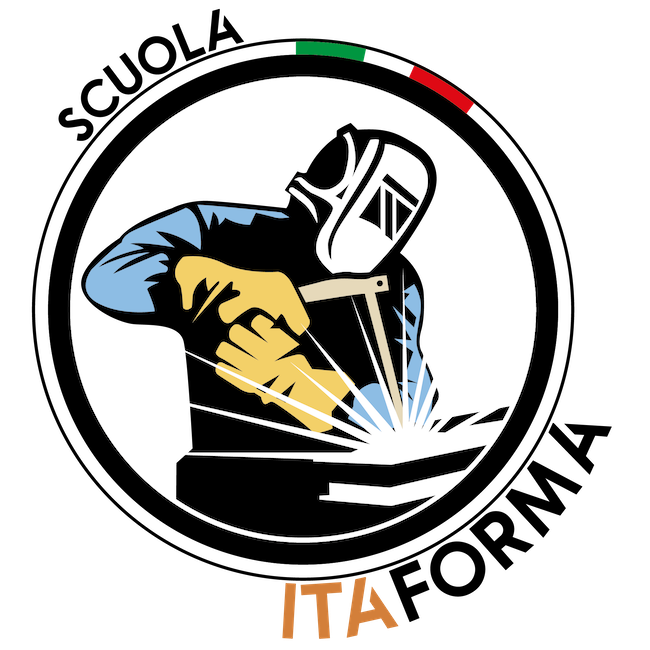Table of Contents
- Introduction
- Overview of welding demand in Ireland
- Importance of certification and hands-on training
- Itaforma as a comprehensive training solution
- Major Industrial Cities and Regions Hiring Welders
- Dublin – Construction, Shipbuilding, and Technology
- Cork – Manufacturing and Port Industries
- Limerick – Engineering and Heavy Industry
- Waterford and Galway – Offshore, Maritime, and Renewable Energy
- Other Industrial Areas (Sligo, Kilkenny, Belfast)
- Why Regional Knowledge Matters for Welders
- Targeting cities with the highest demand
- Salary potential and sector-specific opportunities
- Importance of practical skills and certification
- How Itaforma Prepares Students for the Irish Industrial Market
- Intensive Practical Training
- Certification and Ongoing Theory
- Fully Equipped International Campus
- Conclusion
- Summary of key industrial hubs and opportunities
- Importance of practical training and certification
- Itaforma as the turnkey solution for welding careers in Ireland
Welding Jobs in Ireland: Where Welders Are in High Demand
1. Introduction
Welding is a skilled trade in high demand across Ireland. With rapid growth in construction, manufacturing, shipbuilding, and renewable energy, the need for qualified welders has never been greater. If you are considering a career in welding, understanding
where jobs are concentrated and what employers expect can help you make informed decisions. Since 2014, certification has been
mandatory for professional welders in Ireland. This makes hands-on, recognised training essential for accessing employment and earning competitive salaries.
Itaforma, based in Italy, offers an intensive programme that prepares students for welding jobs in Ireland, Europe, and internationally, combining theory, practice, and certification in one complete solution.
2. Major Industrial Cities and Regions Hiring Welders
Dublin – Construction, Shipbuilding, and Technology
Dublin, as Ireland’s capital and largest industrial hub, offers
the broadest range of welding opportunities. The city is at the centre of major construction projects, from commercial buildings to infrastructure such as bridges and tunnels. Shipbuilding and repair also generate a consistent demand for certified welders, particularly in Dublin Port and surrounding maritime facilities. High-tech manufacturing is another growing sector, including electronics and medical device fabrication, where precision welding is critical. Employers in Dublin not only look for welders who can produce quality work but also for those who
understand safety protocols and can operate efficiently under deadlines. For welders aiming to work here, having a
practical, certified background—like that provided by Itaforma—is essential to compete successfully.
Cork – Manufacturing and Port Industries
Cork is Ireland’s second-largest city and a
major hub for industrial activity. Its port facilities, shipyards, and engineering firms rely heavily on skilled welders for both
production and maintenance tasks. The manufacturing sector in Cork spans from automotive parts to specialized metal fabrication, demanding flexibility and competence in multiple welding processes. Salaries in Cork reflect the need for skilled professionals who can work
independently and safely. Certified welders with practical experience are in high demand, especially in sectors where deadlines are strict, and quality standards are regulated. Intensive hands-on training at Itaforma ensures welders are prepared to meet these requirements from day one.
Limerick – Engineering and Heavy Industry
Limerick is a key location for
heavy engineering, machinery production, and automotive suppliers. The city hosts factories and workshops where welding is central to creating and assembling industrial equipment. Welders in Limerick must be proficient with
different metals, joint types, and welding processes, as projects often involve complex fabrication. Employers value welders who can
troubleshoot issues, maintain quality, and adhere to industrial safety standards. Graduates from Itaforma are trained to meet these expectations, gaining both the technical know-how and certification required to access high-paying positions in Limerick’s competitive industrial environment.
Waterford and Galway – Offshore, Maritime, and Renewable Energy
Waterford and Galway are increasingly
strategic hubs for offshore engineering, maritime projects, and renewable energy installations. These regions require welders who can adapt to diverse environments, including ship decks, offshore platforms, and renewable energy infrastructure. Certified welders with practical multi-process skills are particularly sought after. Jobs in these areas often involve
specialized projects with higher complexity, which translates into better pay and career progression opportunities. By training at Itaforma, students gain the
hands-on experience necessary to meet these specialized requirements and enter these high-demand sectors confidently.
Other Industrial Areas
Smaller towns such as
Sligo, Kilkenny, and Belfast (Northern Ireland) also present opportunities in
niche manufacturing, fabrication, and industrial maintenance. Although the scale of projects may be smaller, these locations still require certified professionals capable of working independently or in small teams. Welders prepared through intensive, practical programmes like Itaforma’s can quickly adapt to these environments, delivering
high-quality welds and demonstrating safety compliance. This versatility makes them attractive candidates for employers across Ireland.
3. Why Regional Knowledge Matters for Welders
Understanding which regions have the highest demand helps welders:
- Target job applications strategically
- Maximise salary potential based on local industry needs
- Focus on the skills and certifications that employers value most
Employers are looking for welders who can work safely, efficiently, and professionally from day one. Training programmes like
Itaforma equip students with exactly these competencies, making them ready to enter any industrial hub in Ireland.
4. How Itaforma Prepares Students for the Irish Industrial Market
Intensive Practical Training
Itaforma students practise
8 hours of welding per day, 5 days a week, covering multiple metals, positions, and processes. This hands-on experience develops the precision, speed, and confidence required by Irish employers.
Certification and Ongoing Theory
Students complete an industry-recognised certification that meets
Ireland’s requirements since 2014. More than 30 hours of theory are accessible online even after the course, covering welding procedures, technical drawings, WPS documentation, and workplace safety.
Fully Equipped International Campus
The campus features:
- Two large workshops
- Overhead cranes and forklifts
- Welding cages simulating real industrial conditions
- Multiple welding machines, both modern and older generations
- Accommodation, meals, transport, relaxation, and sports facilities
This environment allows students to focus entirely on learning, gaining
real-world skills and certification that employers across Ireland value.
5. Conclusion
Welding jobs in Ireland are concentrated in cities like Dublin, Cork, Limerick, Waterford, and Galway, and they demand certified, practical, and skilled professionals. Salaries vary depending on experience, certification, and region, but
those with intensive training and certification are best positioned to earn competitive wages.
Itaforma provides the complete solution: intensive practical training, theory, and recognised certification on a fully equipped international campus. Graduates leave ready to work safely and efficiently in Ireland’s industrial hubs, confidently stepping into well-paid welding jobs. 👉
Ready to start your welding career in Ireland? Join Itaforma’s professional programme and gain the skills, experience, and certification employers demand.






